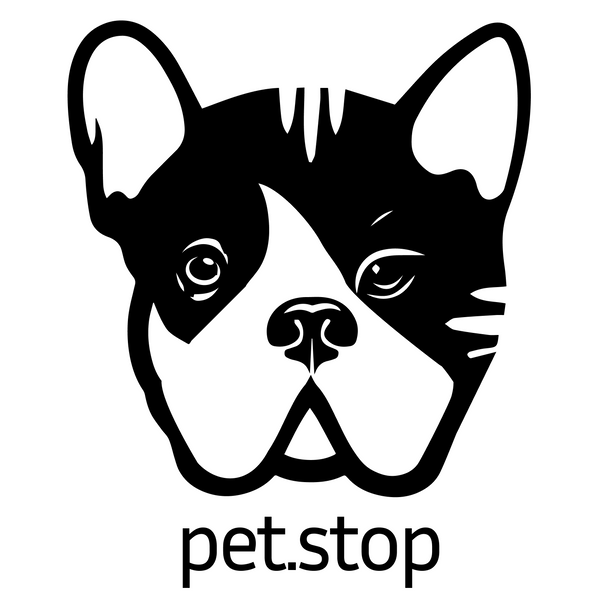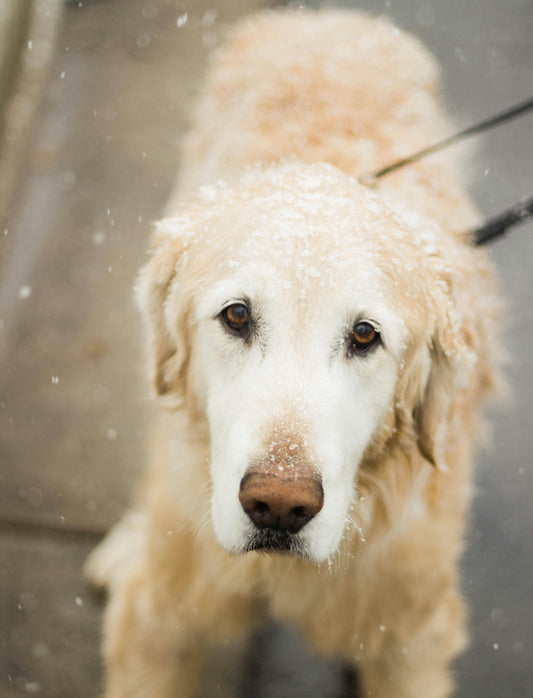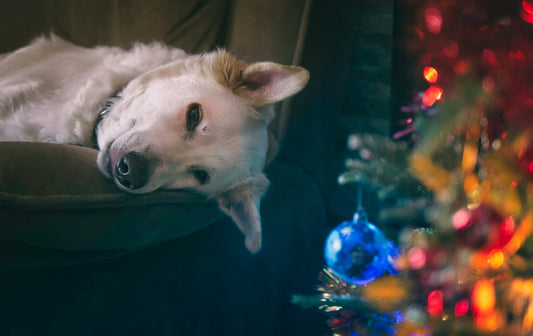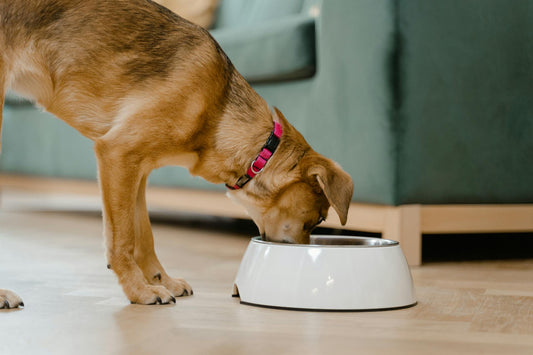Preparing a dog for a stay at a dog hotel can greatly reduce stress for both the pet and the owner. A successful transition requires familiarizing the dog with the hotel environment, ensuring all vaccinations are up to date, and packing essential items that will make the pet feel safe and comfortable.
It's important to visit the dog hotel beforehand, if possible, allowing the dog to explore the space and meet the staff. This not only helps, but provides a sense of security and familiarity with the surroundings.
Additionally, incorporating routines and comforts from home, such as toys or bedding, can ease anxiety. Implementing these steps will help ensure a smoother experience when the time comes for the dog's stay.
Understanding Dog Hotels
Dog hotels offer various accommodations and services tailored to pet needs. Knowing the types and benefits of these facilities can help pet owners make informed decisions.
Types of Dog Hotels
Dog hotels can vary significantly in their offerings. Here are some common types:
-
Luxury Dog Hotels: These provide high-end amenities, including spacious suites, gourmet meals, and individual playtime. Owners might find spa services and personalized care for their pets.
-
Standard Boarding Facilities: These facilities typically offer basic accommodations, including a shared kennel space and communal play areas. While less extravagant, they still ensure safety and care.
-
Pet Resorts: Combining dog hotels and recreational activities, pet resorts often have play parks, training sessions, and socialization opportunities. They focus on providing an engaging environment for dogs.
Understanding these options helps owners select a suitable environment for their pets while they are away.
Benefits of Boarding Your Dog
Boarding a dog at a hotel comes with several advantages. These include:
-
Socialization: Dogs have the chance to interact with other animals, which can enhance their social skills and reduce anxiety.
-
Supervised Care: Facilities typically employ trained staff to supervise dogs, ensuring safety and prompt attention to any needs.
-
Routine: Dog hotels maintain a structured schedule for feeding, walks, and playtime. This consistency can benefit dogs who thrive on routine.
Additional benefits include peace of mind for owners, knowing their pets are in a safe and caring environment. With the right preparation, boarding can be a positive experience for both the dog and the owner.
Pre-Boarding Essentials
Preparing a dog for a stay at a dog hotel involves several key essentials to ensure a smooth transition. These include verifying health requirements, familiarizing the dog with the new environment, and packing necessary comfort items.
Vaccination and Health Records
Before booking a dog hotel, the owner must review the vaccination requirements. Most facilities require dogs to be up-to-date on core vaccinations such as:
- Rabies
- Distemper
- Bordetella (kennel cough)
It's essential to obtain a copy of the dog's vaccination records. This document should detail all vaccinations and health checks. Some hotels may also request a recent health certification from a veterinarian. Ensuring that the dog is healthy helps prevent the spread of diseases among other animals.
Trial Stays and Visits
Trial stays can ease the dog's transition to a new environment. Owners should consider arranging short visits or one-night stays before the actual boarding. This allows the dog to:
- Familiarize with the surroundings
- Interact with staff and other dogs
During these trial runs, the owner can observe the dog's behavior. If the dog seems anxious, adjustments can be made before the full boarding. This process builds confidence for both the pet and the owner.
Personal Belongings and Comfort Items
Bringing familiar belongings can help ease anxiety for a dog during its stay. Owners should pack the following items:
- Favorite toys: A toy with the dog’s scent provides comfort.
- Bedding: A familiar blanket or bed can make the space feel safer.
- Food and treats: It’s best to provide the dog’s regular food to avoid digestive issues.
Customizing the dog's space with personal items makes the experience less stressful. Ensuring that the dog has these essentials can significantly contribute to its comfort and well-being while away from home.
Training Your Dog for a Hotel Stay
Preparing a dog for a hotel stay requires structured training to ensure a smooth experience. Focus on essential skills such as crate training, behavioral training, and socialization techniques.
Crate Training
Crate training establishes a safe space for the dog, making it easier for them to adapt to a hotel environment. Start by introducing the crate as a comfortable area using soft bedding and favorite toys.
Gradually acclimate the dog by encouraging short stays inside the crate, rewarding them with treats for calm behavior. Extend the time as the dog becomes more comfortable.
Practice leaving the dog in the crate for longer periods while you are present, eventually stepping out of the room. This method helps the dog learn that being in the crate is safe, reducing anxiety during their hotel stay.
Behavioral Training
Behavioral training focuses on teaching commands and correcting unwanted behaviors. Essential commands include "sit," "stay," and "come," which establish a form of communication between the owner and the dog.
Consistency is key; practice these commands in various environments to ensure the dog can respond reliably, even in a stressful setting like a hotel. Use positive reinforcement techniques, such as treats and praise, to motivate the dog.
Address common behavioral issues, such as barking or chewing, through redirection and training sessions. Establishing good behavior patterns before the hotel stay can prevent potential problems during the visit.
Socialization Techniques
Socialization techniques help dogs become comfortable in new environments with different people and animals. Start by exposing the dog to various settings, such as parks or pet-friendly stores.
Arrange playdates with other dogs to enhance comfort around peers. Supervised interactions can teach the dog positive social cues and reduce fearful responses in unfamiliar situations.
Gradually increasing exposure to diverse experiences prepares the dog for hotel stays where they might encounter new challenges. This proactive approach fosters confidence and reduces anxiety during their time away from home.
What to Do on Drop-Off Day
The drop-off day is important for both the pet and the owner. Proper preparation can ease the transition into the dog hotel environment.
Check-In Tips
Arriving at the dog hotel with all necessary items is crucial. Prepare a bag that includes food, medications, and any comfort items like toys or blankets.
It's beneficial to arrive early to complete registration without rushing. This allows the staff to get to know the dog and ask any vital questions about care instructions.
Keep a copy of vaccination records handy, as many facilities require proof of recent vaccinations. This may include rabies, bordetella, and canine parvovirus.
Be sure to inform the staff about any dietary restrictions or special needs the dog may have. Clear communication ensures it receives the proper care during its stay.
Saying Goodbye
The farewell moment can impact a dog's emotional state. It's important to stay calm and reassuring. Dogs may sense anxiety, so maintaining a cheerful demeanor helps them feel secure.
A brief goodbye is often best. Lingering may cause confusion or anxiety for the dog. A simple, upbeat departure routine can provide comfort.
Offering a favorite toy or blanket during drop-off may ease the transition. Familiar scents can provide a sense of security in the new environment.
Before leaving, ensure the dog is comfortable and the staff is ready to engage with it. A confident departure helps both the owner and the dog adjust more smoothly.








